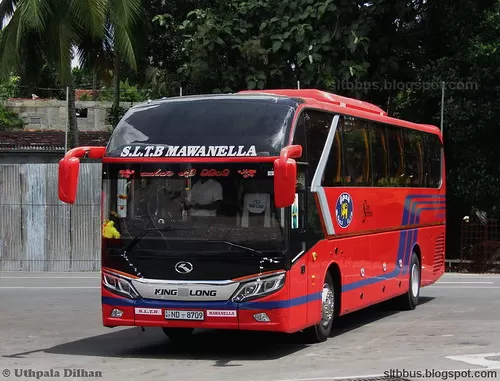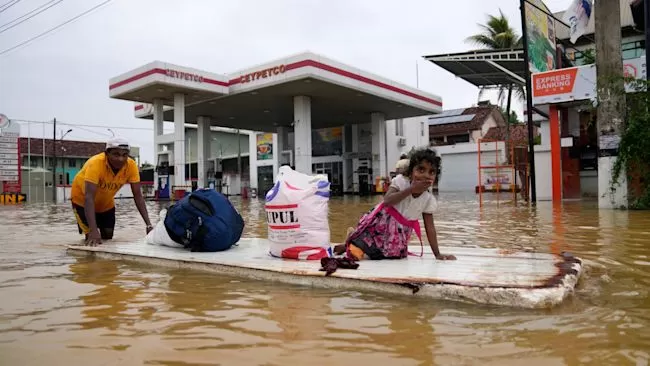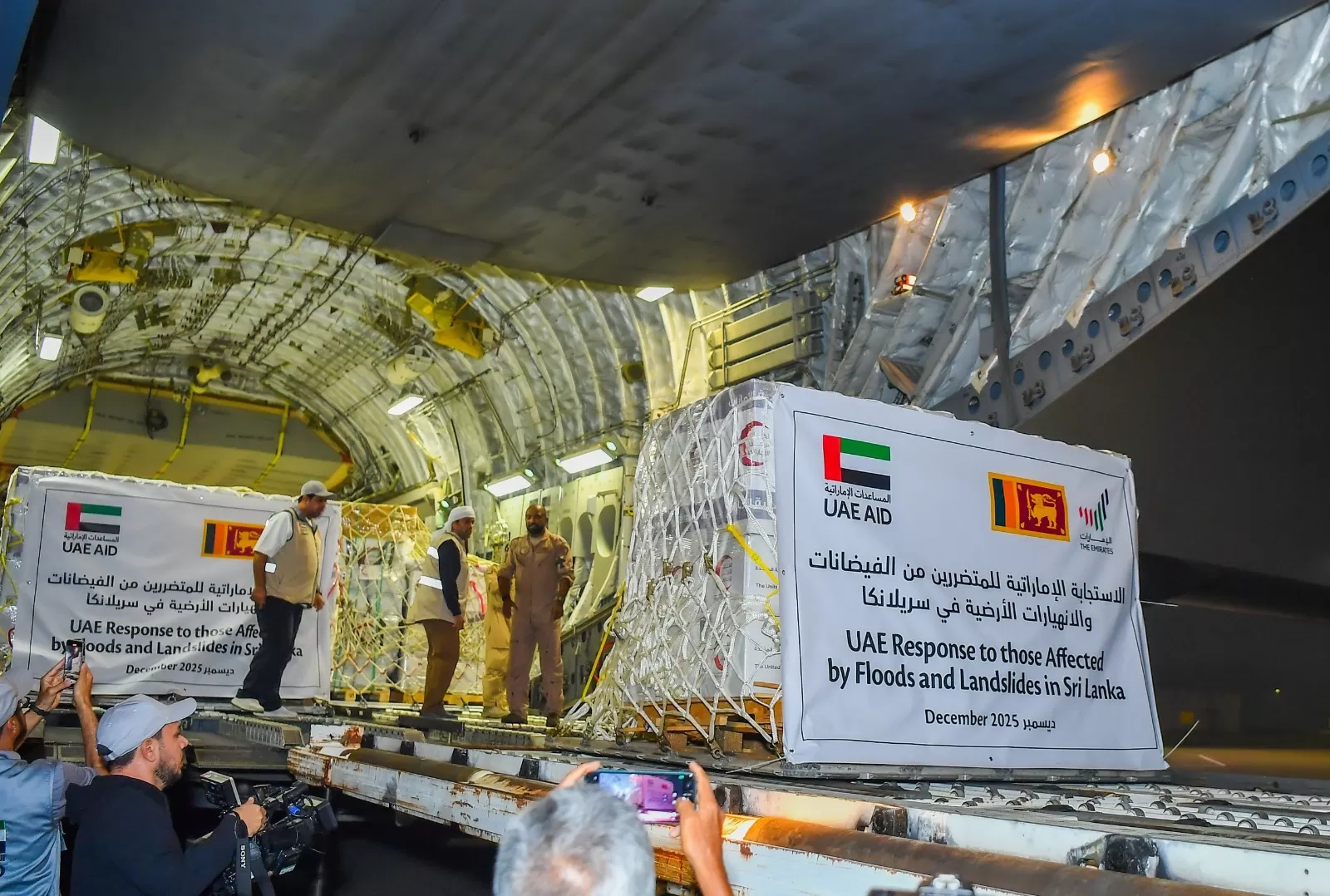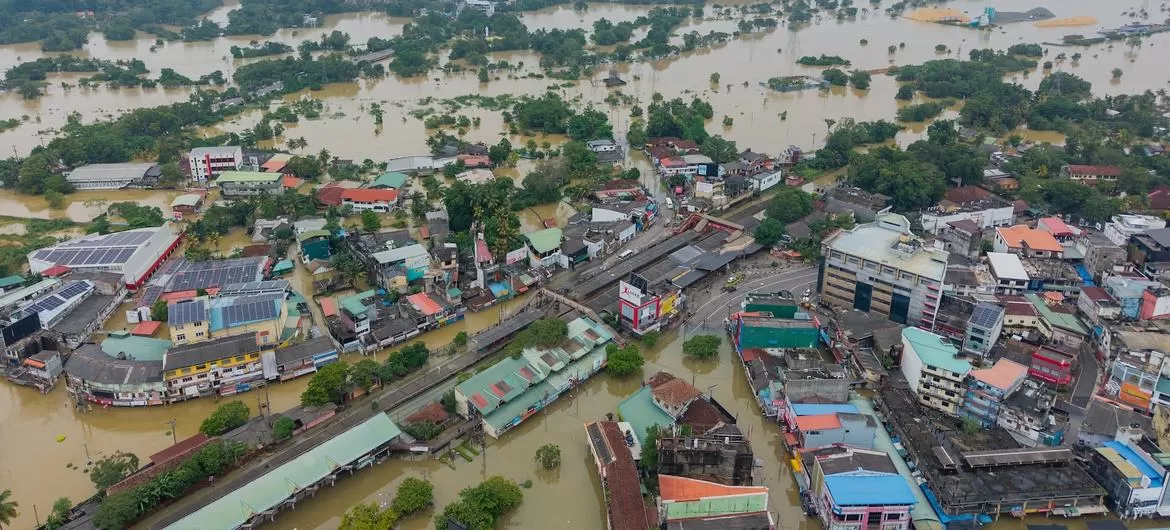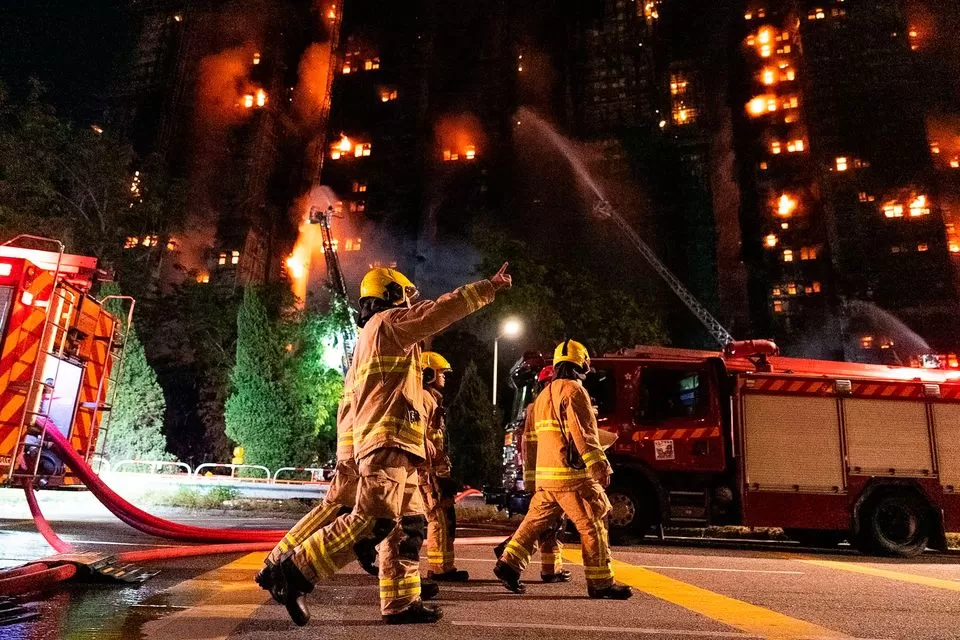Trending
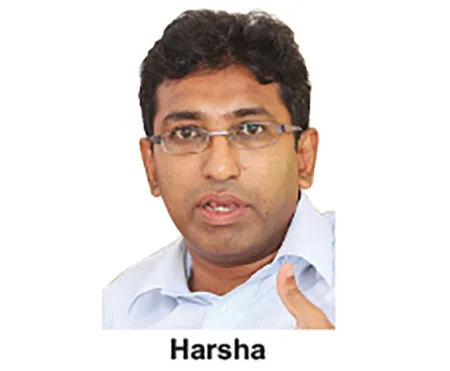
The main Opposition party, the breakaway UNP faction, Samagi Jana Balavegaya (SJB) yesterday (30) said that all available information and evidence relating to Sri Lanka’s war against terrorism should be made available to the proposed special unit to be formed for the implementation of an accountability resolution adopted at the recently concluded Geneva-based United Nations Human Rights Council (UNHRC). SJB lawmaker Dr. Harsha de Silva said so when The Island asked him whether his party backed the government’s call for the UK to make available wartime (January-May 2009) dispatches from its High Commission in Colombo to the proposed special unit. The former non-cabinet minister in the yahapalana administration, who led the country’s delegation to the Universal Periodic Review (UPR) at the UNHRC in 2017, said that he couldn’t comment specifically on the British dispatches. The Colombo District lawmaker said let the planned new unit receive access to all available information and evidence. Prof. Peiris, who served as the External Affairs Minister during 2010-2015 period on Monday (29) asked whether the UK, leader of Sri Lanka Core Group, in addition to being member of the UNHRC, would submit suppressed dispatches to the special Geneva unit estimated to cost the UN USD 2.8 mn. Prof. Peiris said that Geneva should request for dispatches from the British as well as from other countries with diplomatic missions in Colombo served either by defence advisors/attaches. Prof. Peiris said that those genuinely interested in establishing the truth shouldn’t have any qualms in examining credible evidence. MP de Silva asserted that there couldn’t be any dispute over new Geneva unit examining all available information and evidence. Addressing the media at the Opposition Leader’s Office earlier in the day, Dr de Silva flayed the government for making a desperate attempt to depict the Geneva vote against Sri Lanka as a continuing battle between the West and the global south. The SJB MP pointed out that of those who voted for the resolution only seven represented the Western group. The 47-member UNHRC is divided into five groups. The former UNPer explained how members of all groups either voted for the resolution or skipped the vote at Sri Lanka’s expense. The SJB parliamentarian dismissed SLPP Chairman Prof. Peiris’ allegation that the Opposition was trying to portray an unfounded threat. Referring to The Sunday Times reportage of the issue at hand, lawmaker de Silva urged the government to be realistic in its assessment of the Geneva situation and take tangible measures to address the concerns of the international community. Warning of dire consequences unless the government changed its strategy, lawmaker de Silva reiterated that the SJB’s commitment to throw its weight behind the country. The top SJB spokesman called for a consensus between the government and the Opposition in that regard. Dr. de Silva emphasized that Geneva found fault with the incumbent government over a spate of issues ranging from threats to democracy and rapid militarization of the country. He also listed specific issues raised by the latest resolution that really focused on post-2019 presidential period rather than accountability issues during the war. Declaring the SJB’s support for the Lessons Learnt and Reconciliation Commission (LLRC) report commissioned by the then President Mahinda Rajapaksa, MP de Silva said that ex-Attorney General C.R. de Silva’s dossier cleared the Sri Lankan military of deliberate slaughter of civilians. However, the government failed to act on other findings made by the report. Had the then government acted responsibly, international concerns could have been addressed, Dr de Silva said, demanding to know why one-time LTTE commander Karuna was offered high political status instead of punished for the massacre of 600 policemen in June 1990. The MP emphasized that the LLRC report especially called for probe into Karuna’s alleged role though he denied involvement. The SJB declared support for a local accountability mechanism which could win the confidence of the international community. The SJB also assured its support for the full and meaningful implementation of the 13th Amendment to the Constitution through which maximum possible devolution could be offered.
